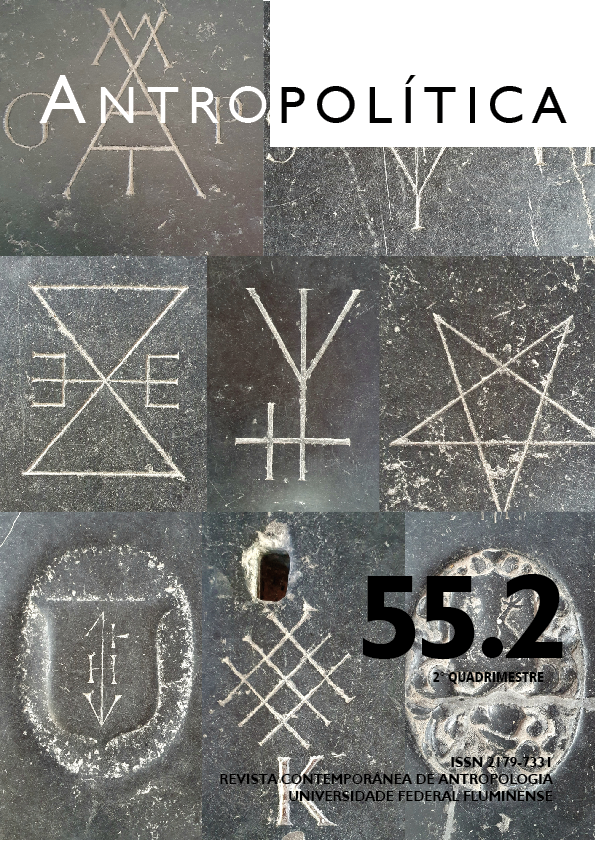Apresentação: Múltiplos olhares sobre o papel atual das religiões no campo político global
DOI:
https://doi.org/10.22409/antropolitica.i.a58795Palavras-chave:
Religião, Religiosidades, Espaço público, Política.Resumo
O mundo atual tornou-se um campo muito fértil para o estudo do papel da religião no espaço público e do impacto de suas transformações nas sociedades e culturas, mostrando urgência para as análises atualizadas, especialmente da relação dialética entre a religião e o mundo político. Atualmente observamos cada vez mais o rápido aumento do poder da religião: as igrejas e os novos movimentos religiosos tornam-se engajados politicamente e começam a exercer uma influência sem precedentes nas políticas internas e externas dos Estados onde atuam, frequentemente estabelecendo conexões com movimentos conservadores. Várias religiões e igrejas, justificadas pela valorização de um projeto missionário global, se expandem globalmente, tornando-se transnacionais. Com esses deslocamentos transportam-se novas ideias políticas, que marcam ainda mais a importância da relação entre religião, política e direitos humanos. O dossiê busca examinar as tensões, os discursos empregados, as alianças estabelecidas e as razões, ações e estratégias empreendidas para a promoção ou consolidação de posições do religioso e do político no espaço público dos estados nacionais em diferentes partes do mundo. Nesses lugares, a importância da religião na vida política e social é indubitável, independentemente da tradição religiosa; a presença e as influências políticas dos líderes religiosos são bem conhecidas e cada vez mais visíveis, assim como a proximidade ou o distanciamento crítico que mantêm com as elites do poder, às vezes apoiando-as ou desafiando-as abertamente.
Downloads

Downloads
Publicado
Edição
Secção
Licença
Direitos de Autor (c) 2023 Renata Siuda-Ambroziak, Joana Bahia, Marcelo Ayres Camurça

Este trabalho encontra-se publicado com a Licença Internacional Creative Commons Atribuição 4.0.
O conteúdo da revista Antropolítica, em sua totalidade, está licenciado sob uma Licença Creative Commons de atribuição CC-BY (http://creativecommons.org/licenses/by/4.0/deed.pt).
De acordo com a licença os seguintes direitos são concedidos:
- Compartilhar – copiar e redistribuir o material em qualquer suporte ou formato;
- Adaptar – remixar, transformar, e criar a partir do material para qualquer fim, mesmo que comercial;
- O licenciante não pode revogar estes direitos desde que você respeite os termos da licença.
De acordo com os termos seguintes:
- Atribuição – Você deve informar o crédito adequado, fornecer um link para a licença e indicar se alterações foram feitas. Você deve fazê-lo em qualquer maneira razoável, mas de modo algo que sugira que o licenciante o apoia ou aprova seu uso;
- Sem restrições adicionais — Você não pode aplicar termos jurídicos ou medidas de caráter tecnológico que restrinjam legalmente outros de fazerem algo que a licença permita.

